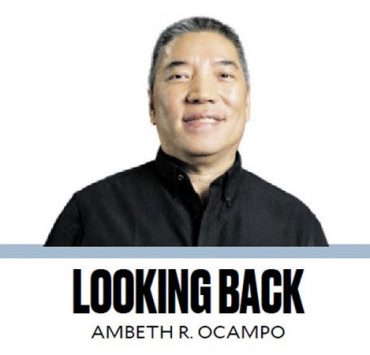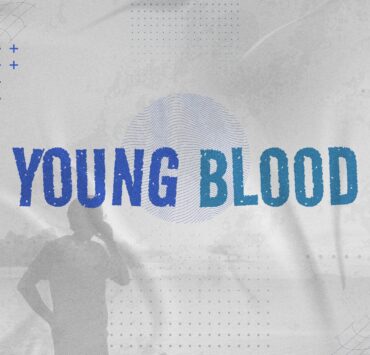Holding the powerful accountable: Why Duterte must face the ICC

The International Criminal Court’s (ICC) decision to pursue an investigation into former Philippine president Rodrigo Duterte’s war on drugs is not only lawful—it is essential for upholding human rights and international accountability. The principle behind the ICC’s move is clear: no one, not even a head of state, should be above the law when it comes to crimes against humanity.
Duterte’s administration is infamous for the brutal antidrug campaign that resulted in extrajudicial killings. These were not isolated incidents; they reflected a pattern of behavior that many human rights groups argue constituted a state-sanctioned assault on the right to life. According to estimates from the Philippine Drug Enforcement Agency, over 6,000 individuals were killed in police operations. However, independent human rights organizations said the actual number may be much higher—some claim as many as 27,000 lives were lost, many under suspicious circumstances that raise serious legal and ethical concerns (Regencia, 2021).
The ICC’s jurisdiction over the Philippines has been a topic of heated debate, especially since the country officially withdrew from the Rome Statute in 2019. Duterte and his allies argue that this withdrawal nullifies any ICC investigation. However, legal experts point out that the ICC retains the authority to probe crimes committed during the period when the Philippines was still a signatory to the Rome Statute, which is from 2011 until the withdrawal became effective in 2019. This legal foundation is sound and mirrors similar cases the ICC has handled involving former heads of state and military leaders around the world (Candelaria & Lat, 2019).
Critics of the ICC investigation often frame it as a form of foreign interference or an attack on Philippine sovereignty. However, international justice mechanisms, like the ICC, were created precisely to step in when national institutions fail or refuse to address egregious violations of human rights. Sovereignty should not be used as a shield for impunity. If the Philippine justice system had shown the willingness and capacity to investigate and prosecute those responsible for these killings, there would be no need for international intervention.
If Duterte believes that his antidrug campaign was both legal and morally justified, he has nothing to fear from an impartial investigation. The refusal to cooperate suggests an unwillingness to confront the possibility that the campaign crossed the line from law enforcement to systemic violence and abuse of power.
Accountability is not about punishing political opponents; it is about setting a precedent that state power must always be exercised within the bounds of law and morality. By allowing the ICC to do its job, the country would demonstrate a maturing democracy willing to submit to the same standards it expects from others.
The victims and their families deserve justice. For many, the war on drugs was not a political debate—it was a daily terror that robbed them of fathers, sons, mothers, and siblings without due process or recourse. The ICC investigation offers a sliver of hope that their pain will be acknowledged and those responsible will be held accountable. Justice delayed is not necessarily justice denied, but justice ignored certainly is.
The ICC’s investigation into Duterte’s war on drugs is not a matter of political vendetta or Western imposition; it is a necessary step toward justice and accountability. The Philippine government should cooperate with the ICC to clear the name of its former president if he is truly innocent and honor the principles of human rights and the rule of law. Power must never come without accountability, especially when lives are at stake.
Louie Jay P. Tabladillo,
lptabladillo@up.edu.ph

















